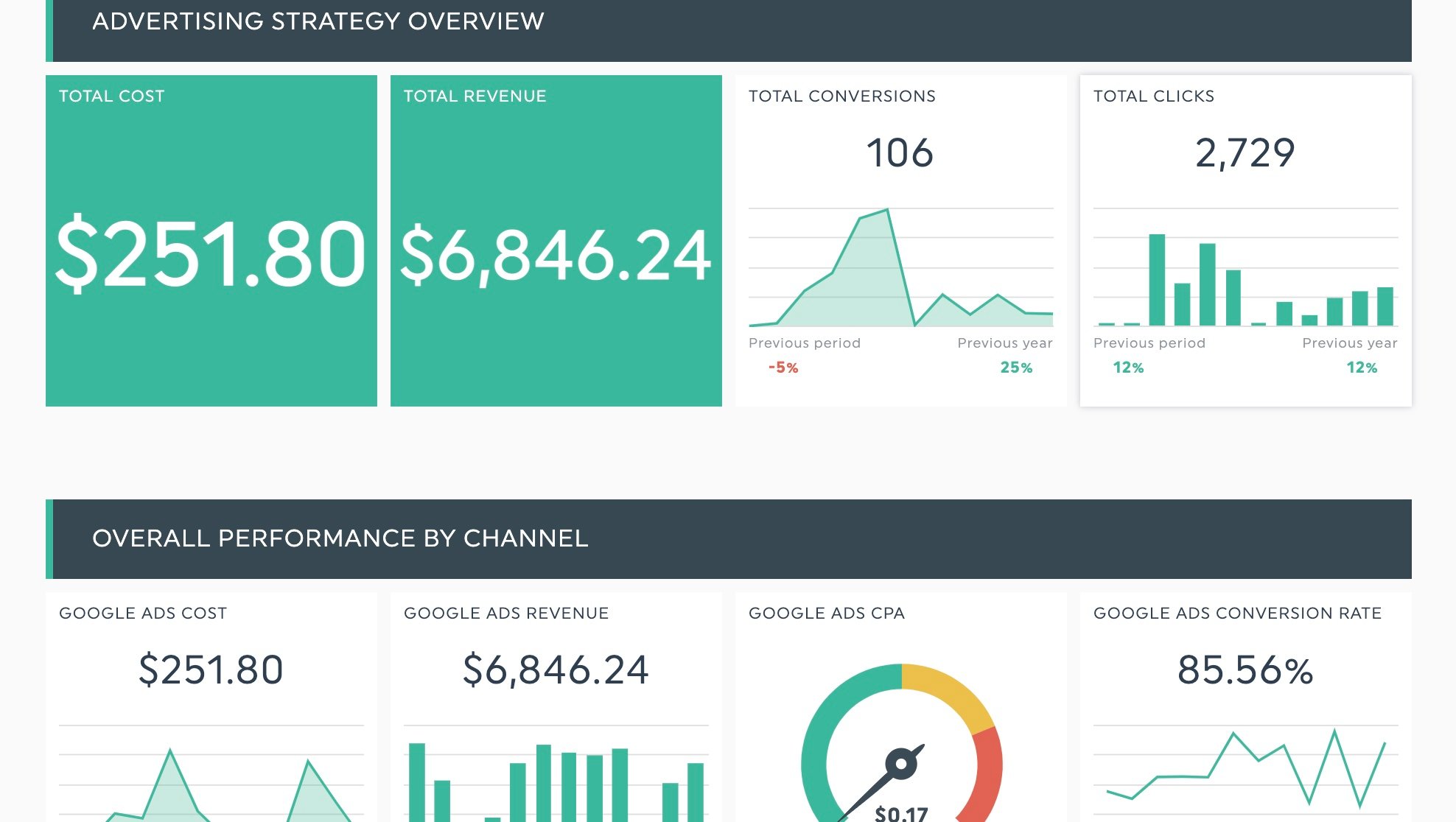Pay-per-click (PPC) advertising is a powerful tool for real estate professionals looking to generate high-quality leads, increase website traffic, and maximize ROI. With the right strategies, PPC campaigns can help real estate businesses stand out in a competitive market. In this article, we’ll explore the best PPC management strategies for real estate marketing, providing actionable tips, practical examples, and exclusive insights to help you achieve success.
Why PPC Matters in Real Estate Marketing
Real estate is a high-stakes industry where capturing the attention of potential buyers or sellers at the right moment is critical. PPC advertising offers:
- Immediate Visibility: Appear at the top of search results instantly.
- Targeted Reach: Focus on specific locations, demographics, and interests.
- Scalable Budgets: Control spending based on campaign performance.
- Lead Generation: Drive qualified leads directly to your website or landing page.
By leveraging PPC, real estate professionals can gain a competitive edge and connect with motivated prospects actively searching for properties or agents.
1. Conduct Comprehensive Keyword Research

Effective PPC campaigns begin with identifying the right keywords. Focus on high-intent, location-specific, and long-tail keywords that align with user searches.
Practical Examples:
- High-Intent Keywords: “Homes for sale in [City/Neighborhood]”
- Location-Specific Keywords: “Luxury condos in Miami”
- Long-Tail Keywords: “Affordable family homes near schools in Austin”
Tools to Use:
- Google Keyword Planner
- SEMrush
- Ubersuggest
Pro Tip:
Include negative keywords such as “free,” “rental,” or “foreclosure” to filter out irrelevant traffic.
2. Optimize Landing Pages for Conversions
Your PPC ads are only as effective as the landing pages they lead to. Ensure that your landing pages are designed to convert visitors into leads.

Key Elements of a High-Converting Landing Page:
- Clear Headlines: Highlight the property’s unique selling points.
- High-Quality Images: Showcase properties with professional photos.
- Call-to-Action (CTA): Use compelling CTAs like “Schedule a Viewing” or “Get a Free Home Valuation.”
- Lead Capture Forms: Keep forms simple and request only essential information.
Practical Example:
If your ad targets “Luxury homes in Beverly Hills,” the landing page should feature high-end properties in that area, with a headline like “Explore Beverly Hills’ Most Exclusive Homes.”
3. Leverage Geo-Targeting for Localized Campaigns

Geo-targeting allows you to focus your PPC campaigns on specific locations, ensuring your ads are seen by the most relevant audience.
Steps to Implement Geo-Targeting:
- Define your target market (e.g., neighborhoods, cities, or ZIP codes).
- Use Google Ads’ location settings to narrow your reach.
- Create ad copy tailored to the local market (e.g., “Find Your Dream Home in Downtown Seattle”).
Pro Tip:
4. Utilize Retargeting to Re-Engage Prospects
Not all visitors convert on their first visit. Retargeting allows you to reconnect with users who have interacted with your website but didn’t take action.

How to Set Up Retargeting:
- Use Google Ads or Facebook Ads to create retargeting campaigns.
- Segment your audience based on their behavior (e.g., viewed property pages, started a lead form).
- Display personalized ads to encourage them to return and complete their action.
Practical Example:
If a user views a specific property but doesn’t schedule a showing, retarget them with an ad featuring the property and a CTA like “Schedule Your Tour Today.”
5. Monitor and Optimize Campaign Performance
Regular monitoring is crucial to ensure your PPC campaigns deliver optimal results. Analyze performance metrics and make data-driven adjustments.

Key Metrics to Track:
- Click-Through Rate (CTR): Measures ad relevance.
- Cost Per Click (CPC): Indicates budget efficiency.
- Conversion Rate: Shows how well your ads and landing pages convert.
- Quality Score: Impacts ad placement and CPC.
Pro Tip:
A/B test different ad copies, images, and CTAs to determine what resonates best with your audience.
6. Leverage Seasonal Trends and Events
Real estate markets are often influenced by seasonal trends and local events. Tailor your PPC campaigns to capitalize on these opportunities.

Examples:
- Spring/Summer: Promote open houses and new listings.
- Fall/Winter: Highlight cozy homes or end-of-year deals.
- Local Events: Target campaigns around events like real estate expos or community gatherings.
Pro Tip:
Use ad scheduling to run your campaigns during peak times when your audience is most active.
Conclusion
PPC advertising is a game-changer for real estate marketing when executed with precision. By conducting thorough keyword research, optimizing landing pages, leveraging geo-targeting, utilizing retargeting, monitoring performance, and aligning campaigns with seasonal trends, you can achieve exceptional results. Implement these strategies to attract high-quality leads, boost conversions, and grow your real estate business.
